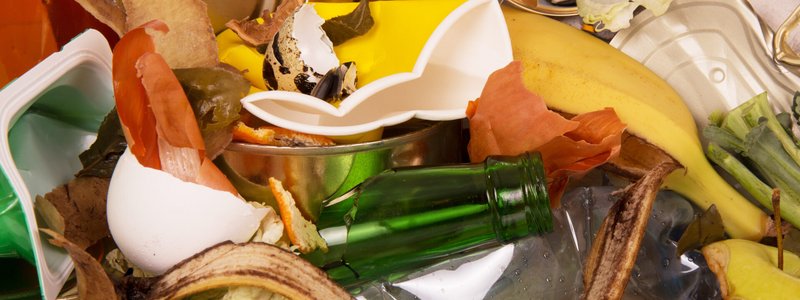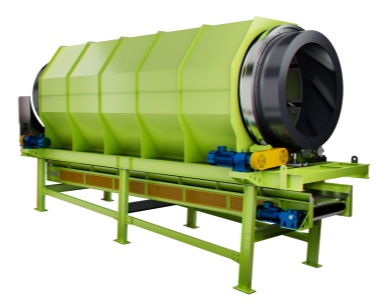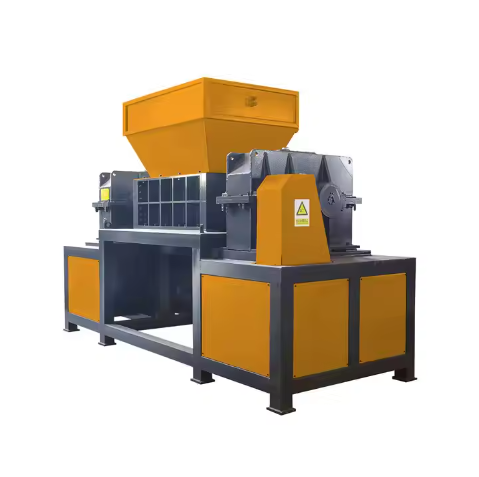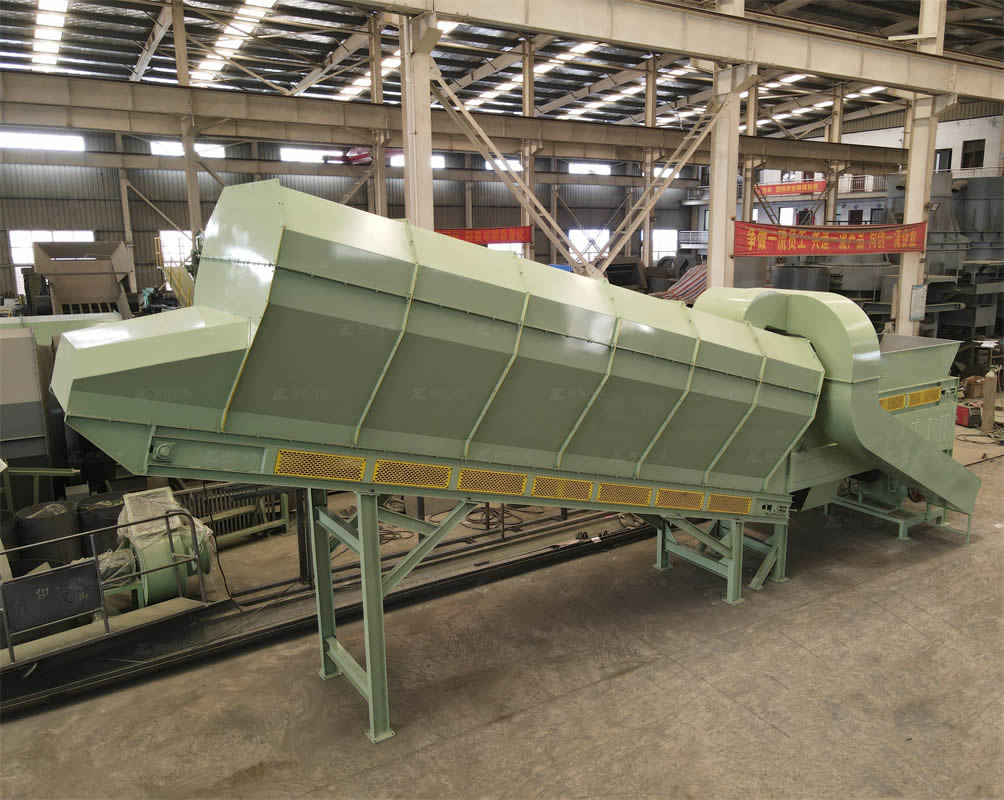What is compost
Municipal Solid Waste Facilities: Processing Household Compost
Introduction:In the quest for sustainable waste management, municipal solid waste (MSW) facilities play a crucial role. These facilities handle a wide range of waste, including organic materials suitable for composting. Composting is a natural process that converts organic waste into a nutrient-rich material known as compost. This article explores the methods and technologies used by MSW facilities to process household compost effectively.

Understanding Household Compost:Household compost typically consists of organic materials such as food scraps, yard waste, and paper products. These materials are rich in carbon and nitrogen, which are essential components for the composting process. Properly managed, household compost can significantly reduce the volume of waste sent to landfills and provide valuable soil amendments.
The Composting Process at Municipal Solid Waste Facilities:The process of composting at MSW facilities involves several key steps:
Collection and Preprocessing:
- Collection: Organic waste is collected from households using dedicated bins and transported to the facility.
- Preprocessing: The waste is sorted to remove contaminants like plastics, metals, and other non-compostable materials. Shredding or grinding may also be performed to increase the surface area of the materials and accelerate decomposition.
Composting:
- Aerobic Composting: This is the most common method used by MSW facilities. It relies on oxygen to break down organic materials. The process can be done in windrows (piles) outdoors or in enclosed systems indoors.
- Temperature Control: During composting, the temperature must be carefully managed. Optimal temperatures range from 55°C to 70°C (131°F to 158°F), which helps to kill pathogens and weed seeds.
- Turning: To ensure even decomposition and adequate aeration, the compost piles are turned regularly using machinery such as front-end loaders or specialized compost turners.
Curing and Screening:
- Curing: After the initial composting phase, the material is allowed to cure for several weeks. This period allows the compost to stabilize and mature, resulting in a more stable product.
- Screening: The cured compost is screened to remove large particles and debris, ensuring a consistent texture and quality.
End-Use and Distribution:
- Quality Assurance: The finished compost undergoes testing to ensure it meets environmental standards for use in agriculture, landscaping, and other applications.
- Distribution: Compost is then packaged or bulk-loaded onto trucks for distribution to farmers, landscapers, and garden centers.
Technological Innovations:MSW facilities are continually adopting new technologies to enhance the efficiency and effectiveness of their composting operations:
- Bioreactor Systems: These are advanced composting systems that control temperature, moisture, and airflow, leading to faster and more controlled composting cycles.
- Anaerobic Digestion: Some facilities utilize anaerobic digestion to convert organic waste into biogas, which can be used as a renewable energy source, while the remaining solids are processed into compost.
Environmental Benefits:The composting of household waste at MSW facilities offers several environmental advantages:
- Reduced Landfill Space: Composting diverts significant volumes of organic waste from landfills, extending their lifespan.
- Greenhouse Gas Reduction: By avoiding the release of methane, a potent greenhouse gas, composting contributes to climate change mitigation.
- Soil Health: Compost improves soil structure, enhances water retention, and supports plant growth, promoting sustainable agricultural practices.
Conclusion:Municipal solid waste facilities play a pivotal role in managing household compost. Through efficient collection, preprocessing, and processing techniques, these facilities transform organic waste into a valuable resource that benefits both the environment and local communities. As technology advances, the potential for further improvements in composting efficiency and quality will continue to grow.
-
 Trommel screenTrommel screen, also known as drum screens, are widely used in various industries for sorting and separating materials.Get Quote
Trommel screenTrommel screen, also known as drum screens, are widely used in various industries for sorting and separating materials.Get Quote -
 Crop straw double shaft shreddApplications:Biomass Energy Production: Shredded straw can be used as a feedstock for bioenergy plants to produce electricity or heat.Livestock Feed: Reduced-si...Get Quote
Crop straw double shaft shreddApplications:Biomass Energy Production: Shredded straw can be used as a feedstock for bioenergy plants to produce electricity or heat.Livestock Feed: Reduced-si...Get Quote -
 Zhongcheng Air Drum SeparatorAir drum separators effectively separate lightweight materials (e.g., plastics, paper) from heavier materials (e.g., metals, glass). This high efficiency is cru...Get Quote
Zhongcheng Air Drum SeparatorAir drum separators effectively separate lightweight materials (e.g., plastics, paper) from heavier materials (e.g., metals, glass). This high efficiency is cru...Get Quote
-
2024-06-05Can the Angle of the Ballistic Separator Be Adjusted?Ballistic separator is a type of mechanical sorting device used primarily in the recycling industry to separate materials based on their physical properties. It...
-
2024-07-09Recycling Balers-Safe,Easy-To-Use and affordableThe operating principle of a strapping machine primarily involves the following steps:1.Item Positioning:Firstly, the item to be strapped must be placed accurat...
-
2024-10-23Solid waste recycling plantOur company engaged in waste sorting system . We are professional about waste sorting system . We have professional technical team. Professional technical team...
-
2023-01-12Disc ScreenDisc screen, also known as a disc scalping screen, is a mechanical device used to separate materials based on size. It is commonly used in industries such as wa...
-
2024-05-18Hydraulic Cone CrusherHydraulic Cone Crusher integrates machinery, hydraulic pressure, electrics, automation, and intelligent control, which can be used for medium crushing, fine cru...



